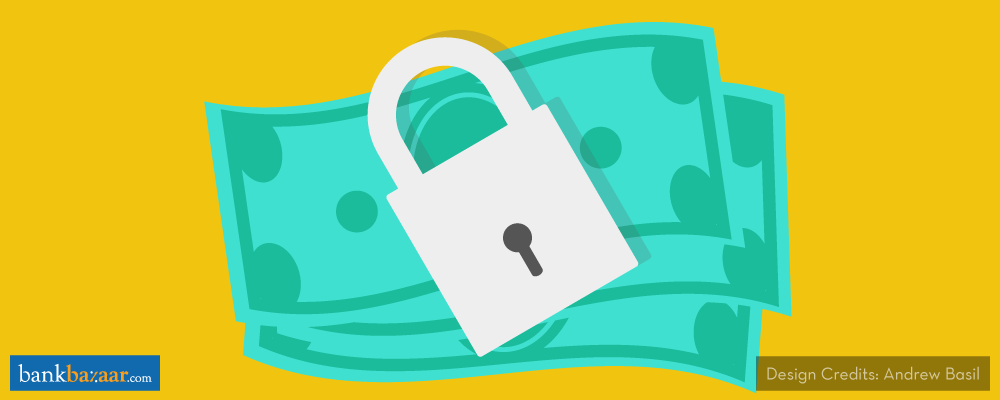
Loans are a crucial financial tool in achieving goals such as buying a house or car, funding higher education, meeting an immediate personal need, and so on. They help you leverage your financial capacity. Loans can be of two types — secured and unsecured. While unsecured loans are borrowed on the basis of the borrower’s creditworthiness without any collateral against it, secured loans require collaterals to be pledged.
Car Loan, loan against property, loan against fixed deposit, loan against gold jewellery, and Home Loan are examples of secured loan products. Personal Loan and Credit Cards are types of unsecured loans.
Both serve different purposes. So, while applying for a loan, you must pick the type that suits your needs. Secured and unsecured loans vary in terms of tenure, interest, eligibility requirement, etc.
Which type of loan should you pick?
The loan type you choose would depend on your requirement in terms of tenure, loan size, purpose, interest, etc.
If you have sufficient liquidity, asset backup and collateral available to pledge against the loan, you can go for a secured loan as it would cost you a relatively lower interest rate. Say, you have a Fixed Deposit with a bank and you require a loan, you can take it against the FD at an interest of around 1% to 2% spread over the FD interest rate.
If your CIBIL score is not sufficient for taking an unsecured loan, you can go for a secured loan. You can improve your score eventually by repaying the loan on time.
For long-term loans, banks typically ask for collaterals to cover the risk. However, if your requirement is for a short period of time, between six months and two years, banks assess your repayment capacity based on your income and offer a Personal Loan without asking for any collaterals. Such loans typically come with a comparatively higher interest rate, and there may be pre-payment penalties as well.
Usually, banks offer unsecured loans to existing account holders who have a good transaction history and an outstanding CIBIL score.
Secured vs. Unsecured Loan |
||
| Points | Secured Loan | Unsecured Loan |
| Interest Rate | Interest rate is low as collaterals are pledged and the risk is low | High interest rate. Interest charged based on the tenure and size of loan, etc. |
| Availability | Easily available | Good credit score and sound banking relationship required |
| Tenure | Available for short to long term. Example – loan against FD for short term and Home Loan for long term | Available for short to medium term. Example – Personal Loan, higher education loan |
| Size of Loan | The loan amount is relatively higher. The amount is determined based on the availability of collaterals | The amount of loan offered depends on the income and credit score of the borrower. The cap is relatively lower. |
| Processing Time | Takes longer due to the verification steps involved | Loan disbursal is quicker due to lesser paperwork |
| Rejection Chances | Low, depends on the loan requirement and the availability of collaterals to pledge against the loan | High, depends on the credit score and the income level |
While unsecured loans are easily available, it is recommended you opt for them when there’s an urgent requirement for liquidity. If you have too many unsecured loans, or if you’ve put in too many applications for such loans, it will reflect a credit-hungriness on your part which would erode your credit score.
However, remember that disciplined repayment of an unsecured loan can also help in improving one’s credit score. Often, a Credit Card is your first form of credit, and it lays the foundation for your credit history.
While availing an unsecured loan, do not pledge a collateral with a value higher than what’s required by the bank. Instead, you can pledge two or more smaller assets to match the value of the loan. Repay your loans in a timely manner, and review your loan balance from time to time.
(The writer is CEO, BankBazaar.com)
Nice post.To get a secure loan ,we need a good CIBIL score.
Hi V.Muthu, Thanks! Cheers, Team BankBazaar